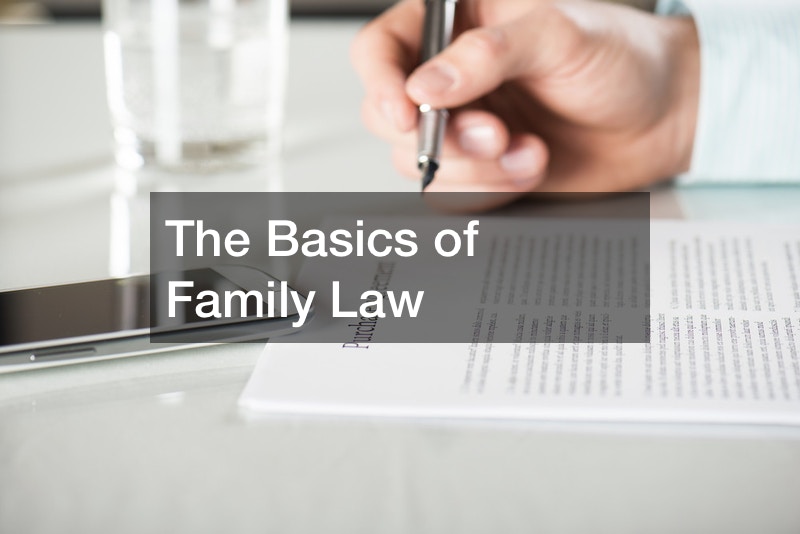
Family law, also known as domestic relations, is a crucial component of state law that revolves around marriage and parent-child relationships. In his brief Youtube video lecture ‘What is Family Law,’ David Jaroszewski, Director of Paralegal Studies at Lee College in Baytown, Texas, outlines the three fundamental aspects of family law: The formation of these relationships, the parties’ rights, and the process of terminating the relationships.
On the formation of marital relationships, Jaroszewski distinguishes between formal marriage, which is ceremonial and requires a license, and informal marriage, which is permissible under common law in a few jurisdictions, such as Texas. Once parties enter into marriage, family law confers them with certain rights and obligations, including property rights relating to property division, community versus separate property, prenuptial agreements, and liability for debts owed to one another or economic activity conducted jointly.
And when it comes to dissolving a marriage, Jaroszewski cites two possible options: death of a party or divorce.
On the other hand, when establishing the parent-child relationship under family law, questions of paternity and adoption arise, as do rights and duties regarding physical custody and termination, with the child’s best interest always taking precedence.




